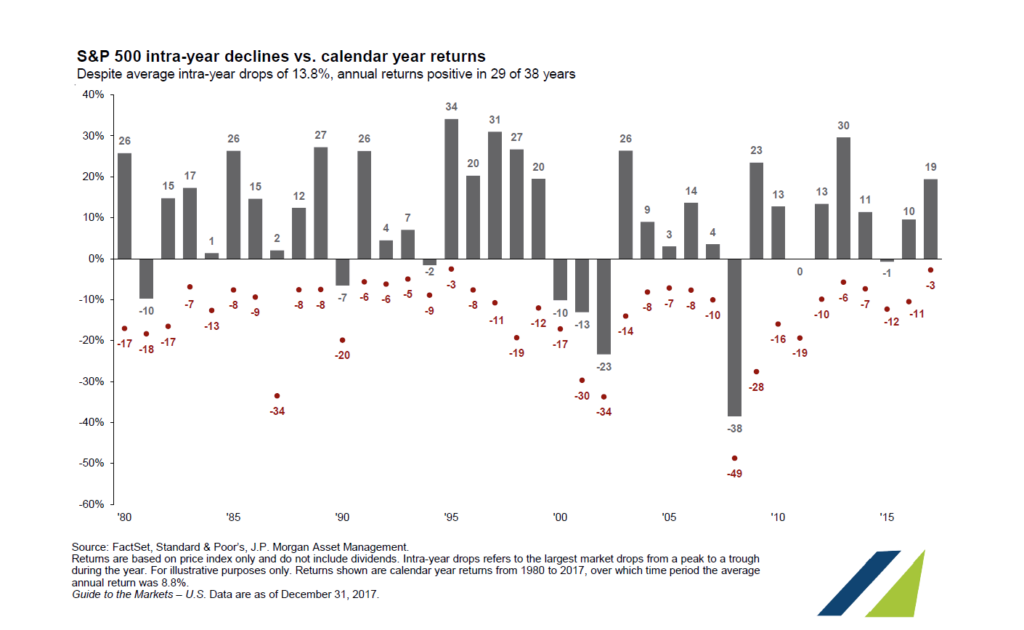
Reading Time: 2 minutes
Alexa is making quite a name for herself. The “smart” voice-powered star of Amazon’s growing line of Echo products can play music, audiobooks, games and more; all you have to do is ask.
She can also play our Intelligent Money Minute podcasts.
Things you need
- You’ll need to have purchased an Amazon Echo, or an Amazon Echo Dot.
- Setup your Amazon Echo.
- Say, “Hey Alexa, play Intelligent Money Minute podcast.”
Want a different episode?
Want an earlier episode? You do have the option of saying, “Alexa, play the next episode.” Want the one before that? Say the phrase again. And on and on.
Prefer Google to play Intelligent Money Minute Podcasts
Click here to learn how Google Home can play our Intelligent Money Minute podcasts
Subscribe to Intelligent Money Minute Insights
Be sure to subscribe to our Intelligent Money Minute Podcasts.
Feeling advanced?
The Alexa App lets you get more specific. Tap the Menu icon, then Music & Books > Tune In. Now you can either search for Intelligent Money Minute or scroll down and tap Podcasts to browse: Intelligent Money Minute.
Once you’ve found the show you want, you can scroll down to the episode you want and tap it to start listening.
Bluetooth Pair Your Phone or Tablet to Echo
Here’s how:
Say “Alexa, pair Bluetooth.”
She’ll then respond with instructions, telling you to go to the Bluetooth settings on your phone or tablet. Once it’s paired, any audio you queue up on your device will play through Echo.
Advantage: A slightly better way is to pair your Echo to your phone or tablet. All you need to do is setup Echo as a Bluetooth speaker. And, in typical Echo fashion, it’s done with a voice command. You’re still limited in what you can do by voice command, but this is still faster and easier than wading through the Alexa App.
Drawback: At the moment, Alexa can’t remember your playback position. If you switch over to some other kind of audio midshow–say, some music or another podcast–you can’t resume the original stream from where you left off. Any controls — like play, pause, next, etc. — must be done on your phone. Eventually, we hope, Alexa will be able to handle voice commands for Bluetooth audio.
Play Intelligent Money Minute on Your Amazon Echo through your favorite Podcast App
Once you’ve paired your Amazon Echo with your phone or tablet, you can then use your preferred podcast app to queue up the show or episode you want.





